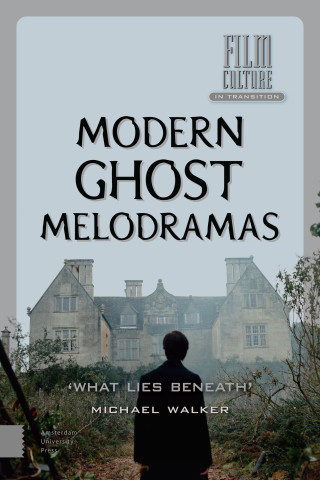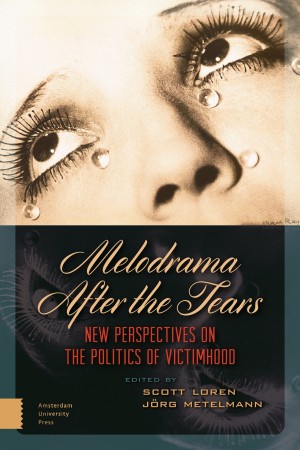Melodrama, it is said, has expanded beyond the borders of genre and fiction to become a pervasive cultural mode. It encompasses distinct signifying practices and interpretive codes for meaning-making that help determine the parameters of identification and subject formation. From the public staging of personal suffering or the psychologization of the self in relation to consumer capitalism, to the emotionalization and sentimentalization of national politics, contributions to this volume address the following question: If melodramatic models of sense-making have become so culturally pervasive and emotionally persuasive, what is the political potential of melodramatic victimhood and where are its political limitations?
This volume represents both a condensation and an expansion in the growing field of melodrama studies. It condenses elements of theory on melodrama by bringing into focus what it recognizes to be the locus for subjective identification within melodramatic narratives: the victim. On the other hand, it provides an expansion by going beyond the common methodology of primarily examining fictive works - be they from the stage, the screen or the written word - for their explicit or latent commentary on and connection to the historical contexts within which they are produced. Inspiration for the volume is rooted in a curiosity about melodramatic forms purported to increasingly characterize aspects of both the private and the social sphere in occidental and western-oriented societies.

